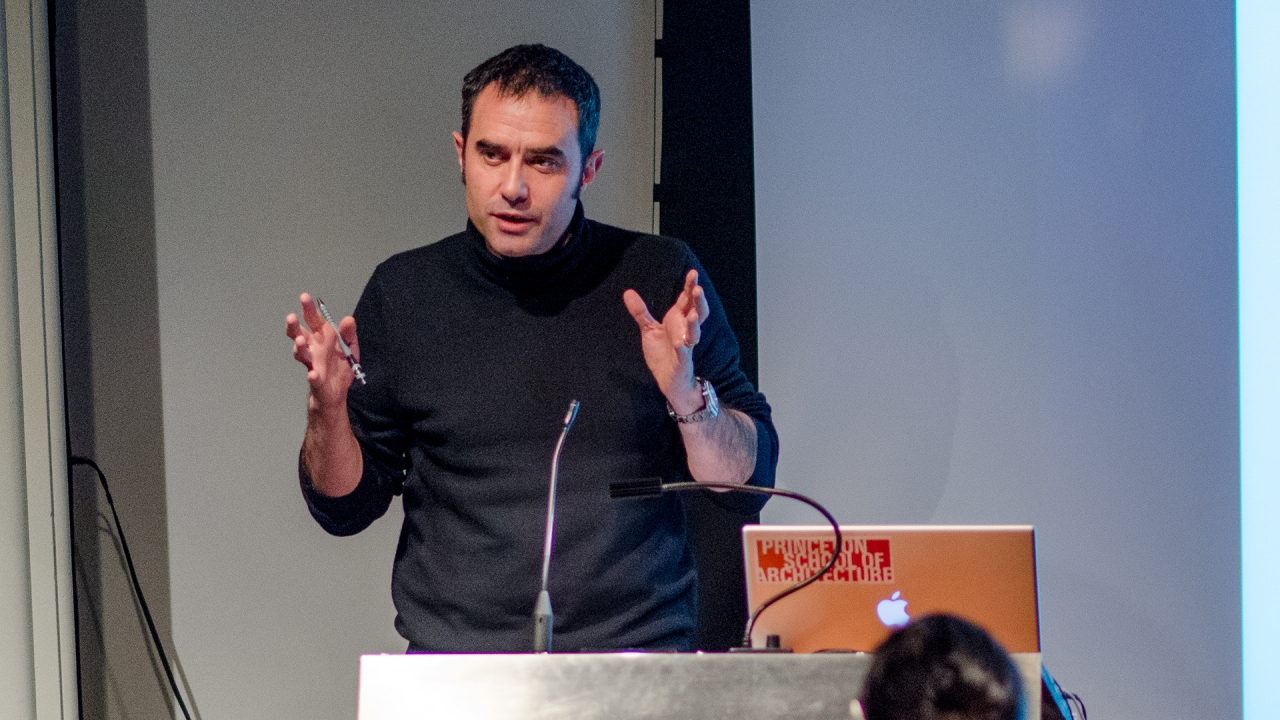Architecture is about many things, but is ultimately seeking to transform the real, both physically and culturally. Even in the current crisis, making buildings and cities remains the largest source of material wealth in the economy, but also a primary generator of social inequality, energy consumption and carbon emissions. Yet despite buildings and cities’ crucial role in shaping our world, the discipline of architecture is losing agency. The engines that drive the processes of the built environment today have become often more creative—and destructive—than architects’ wildest dreams. This poses a serious challenge to anyone involved in the exercise, advancement, discussion and dissemination of architecture’s discipline. To regain agency, an engagement with the real is required. It is only through friction with the outside—either with architectural practice or with other fields of knowledge—that the disciplines of architecture remain alive.
However, the accepted notion that professional practice is the model for the discipline is also driving us into stagnation. For architecture to regain its capacity to transform reality, the specificity of architectural knowledge needs to be addressed. Design, architecture’s core activity, is a synthetic mode of thought that cannot be adequately developed through the customary analytical methods of the sciences, engineering or humanities. Across its different activities, Princeton SoA is vested in the development of alternative models of practice by addressing design as a research endeavor. Princeton University’s longstanding commitment to multi-disciplinarity offers an ideal milieu to expand architecture’s capacities by engaging with neighboring fields. Unlike other architecture schools, we are so integrated with the University that we are spared from having to construct artificial multi-disciplinary environments to enrich our practice. We will be complementing our well-established and successful engagement with the humanities to engage also with the outstanding scientific traditions at the University. By creating new inter-departmental alliances we will gain access to cutting edge intelligence in computation, engineering, sustainability, political economy and other fields which appear as the most promising areas of development for architecture’s future.
The small scale of Princeton SoA allows us to operate through a laboratory culture that promotes experimentation and individual entrepreneurship, and links practice and theory, design and research. Princeton SoA has a solid tradition of fostering experimental research and alternative practices in architecture. Our graduates are expected to develop a level of intellectual, technical and entrepreneurial self-reliance that is unique among our peers. This independence has become the trademark of Princeton SoA. Our primary focus has been, and remains the production of advanced knowledge in the discipline rather than the provision of manpower for the industry. We do not teach how to master conventional technologies; we investigate how to develop innovative methods to challenge the status quo in both practice and the discipline. Knowledge production at Princeton is not concerned with normal science but with revolutionary science; it has always had an irreverent, rebellious, untamed spirit. We seek knowledge unbound, paradigm-shifting, passionate, fearless and risky. Not for the faint-hearted.

